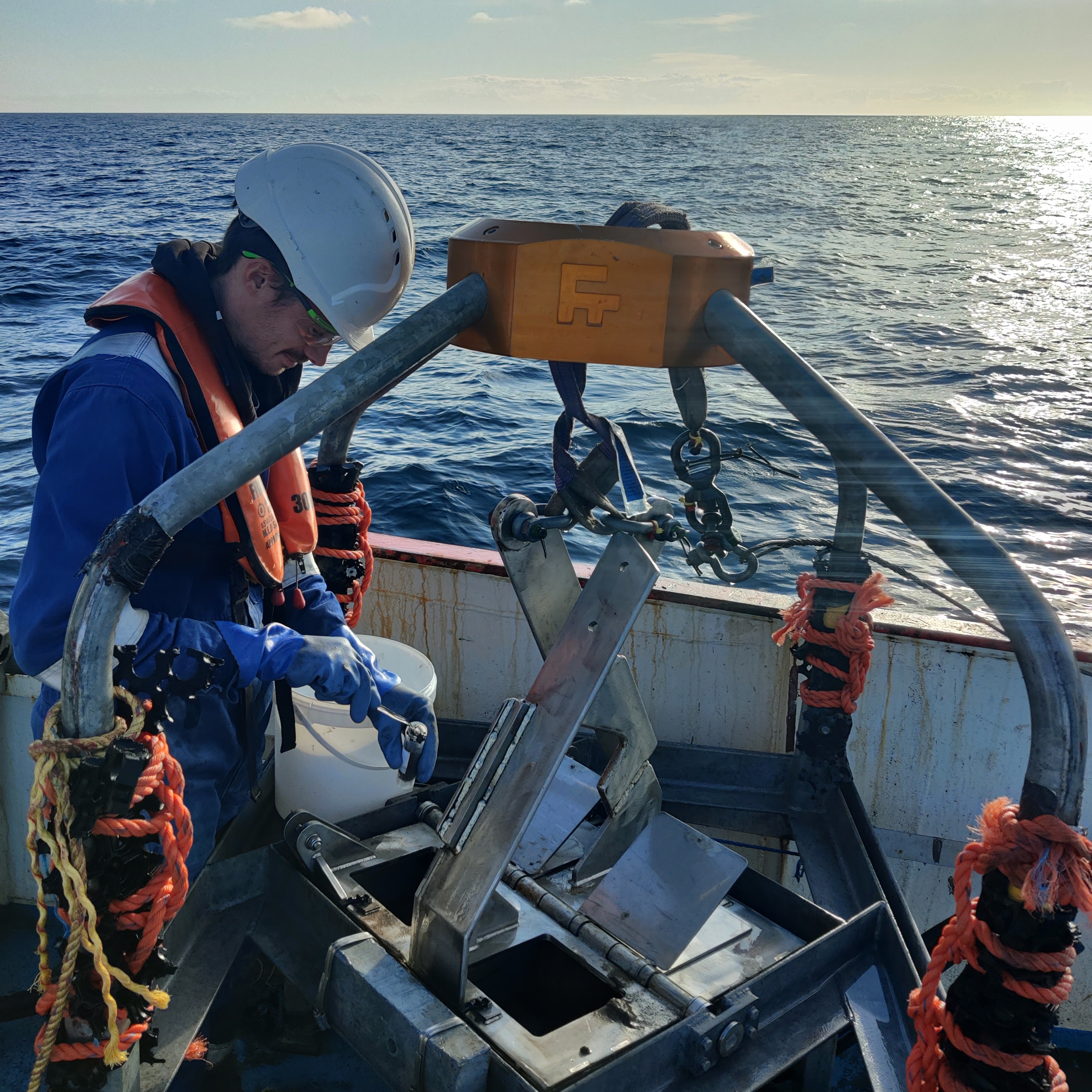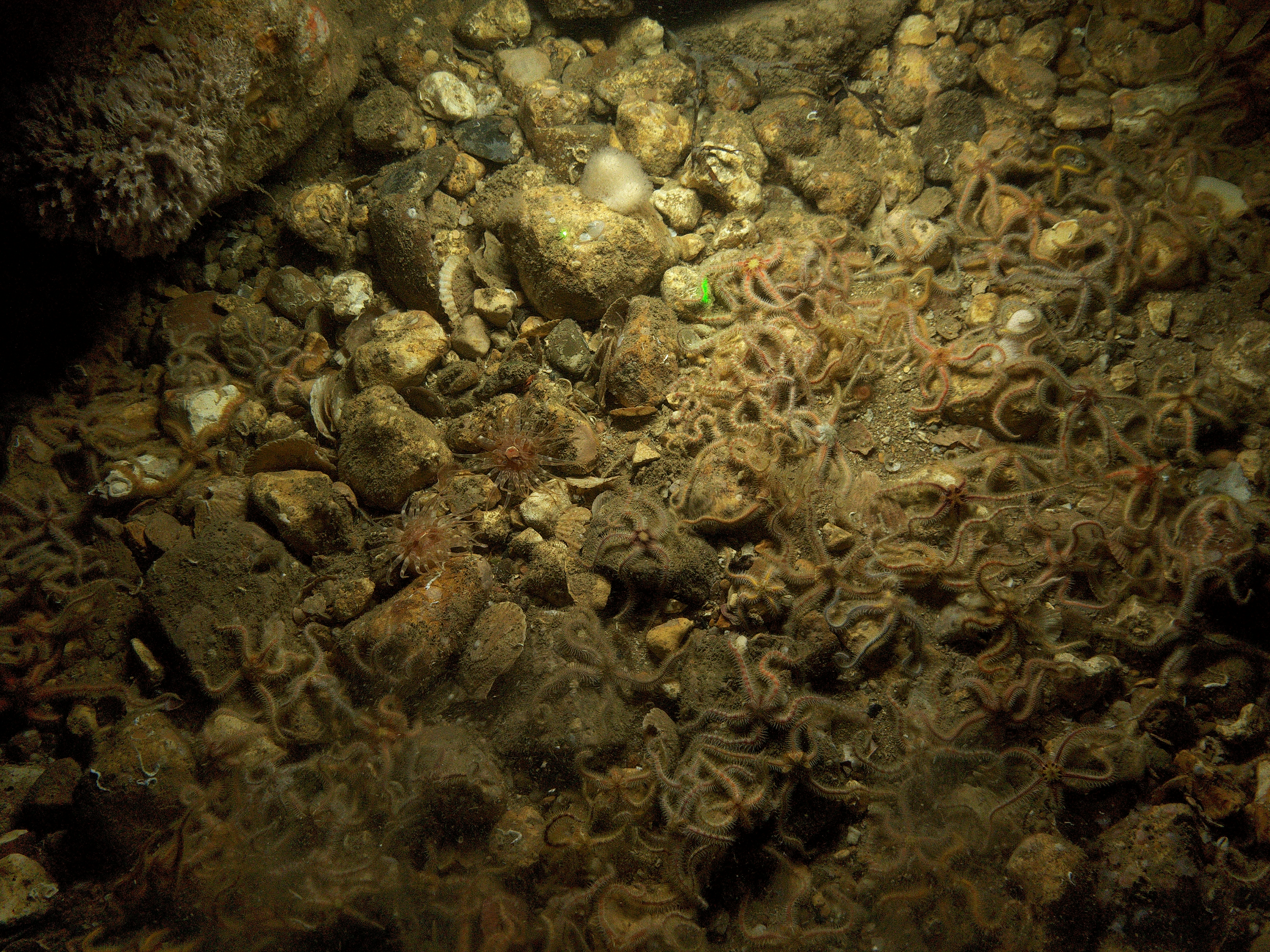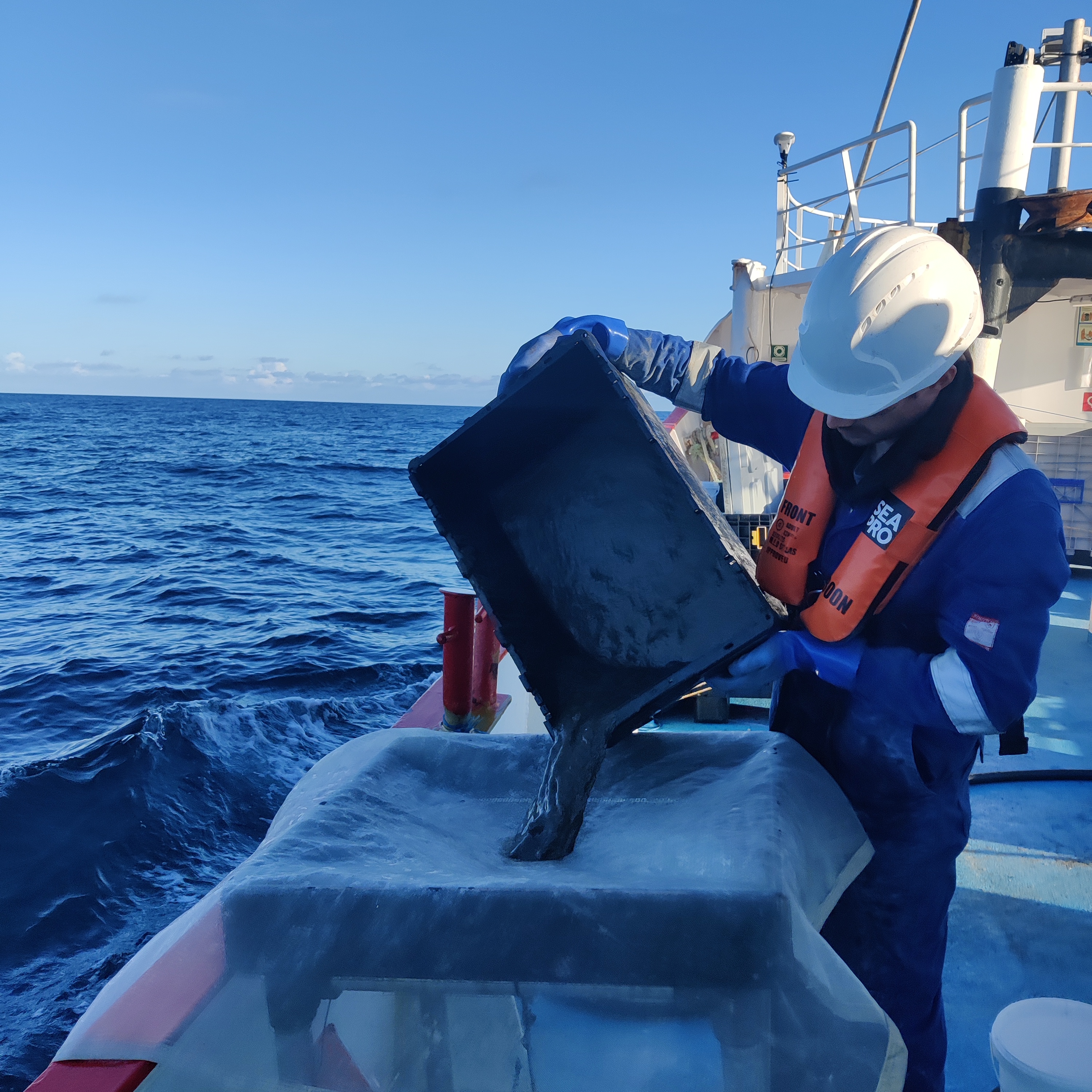Case Study
POSEIDON (Planning Offshore wind Strategic Environmental Impact DecisiONs) is a Crown Estate funded project (2022-2026) managed through the Offshore Wind Evidence and Change Programme (OWEC) and led by Natural England.
The project aims to provide tools to inform offshore wind planning, to minimise impacts on the natural environment through avoidance and early awareness of likely mitigation/compensation needs, allowing sustainable expansion of offshore wind. This will be achieved through the collection of strategic environmental baseline data and updated spatial models for key ecological receptors. These models will be used to identify regions that are most vulnerable to offshore wind impact. Mapping environmental risk in this way will help guide future offshore wind development rounds and wider marine planning.
POSEIDON focuses on two key components:
- Highly mobile species of seabirds and marine mammals; this receptor group is led by Natural England with sub-contractors at Bangor University and the University of St. Andrews.
- Benthos receptors, consisting of seabed invertebrate species and assemblages; this receptor group is led by Cefas.
Work on the benthic component of POSEIDON is set out in the online POSEIDON Benthic Storyboard, and builds on OneBenthic, a “big data” initiative that brings together disparate benthic datasets from grab/core, trawl and imagery surveys into a high-quality, standardised dataset.





